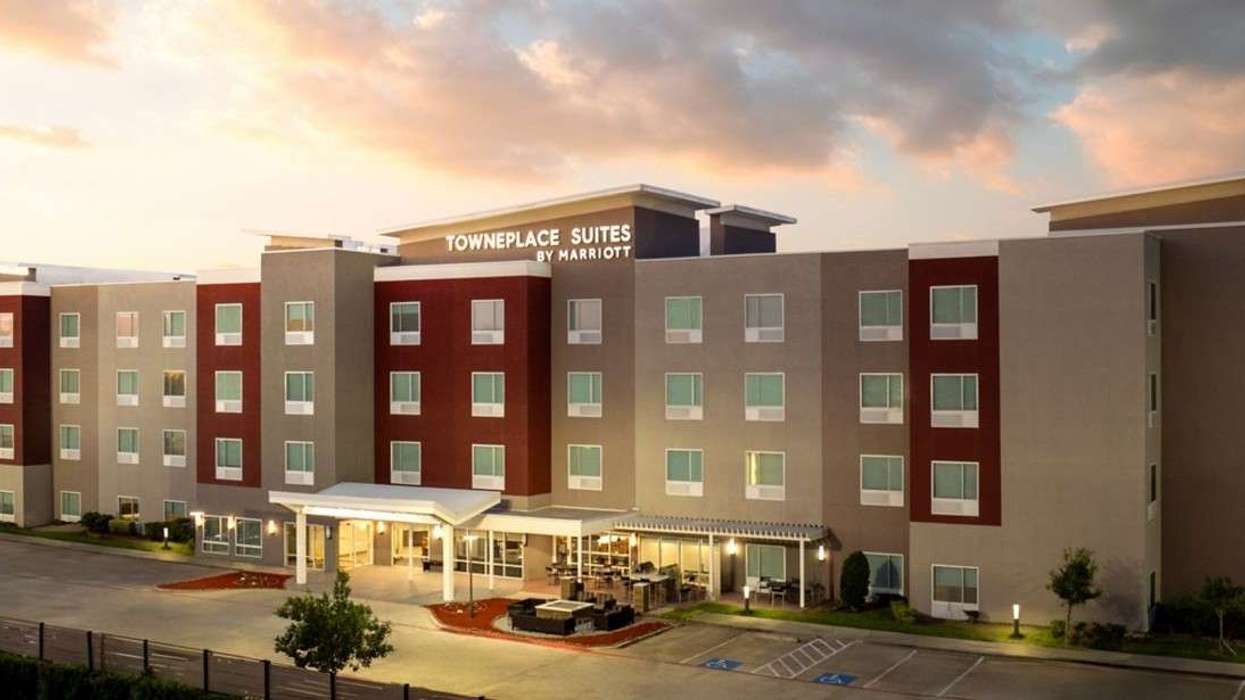Trump’s Plan for Undocumented Hotel Workers in 2025
PRESIDENT DONALD TRUMP told his cabinet on Thursday that undocumented hotel and farm workers could leave the U.S. and return legally if their employers vouched for them, NBC reported. Hotel associations, including AAHOA and the American Hotel & Lodging Association, are advocating to replace the 66,000 annual cap on H-2B visas with a needs-based system.
About 1.1 million undocumented people worked in the hospitality industry—hotels and restaurants—in 2023, making up 7.6 percent of the workforce, according to the American Immigration Council. Trump’s remark that the country needs to support hotels, farmers and other businesses relying on immigrant labor comes as the administration ramps up arrests, detentions and deportations to fulfill his pledge of a large-scale removal effort.
“So a farmer will come in with a letter about certain people, saying they’re great, they’re working hard,” Trump was quoted as saying. “We’re going to slow it down a little for them, and then we’re going to ultimately bring them back. They’ll go out, and they’re going to come back as legal workers.”
AHLA President and CEO Rosanna Maietta recently urged the House Committee on Education and Workforce to pass legislation supporting the industry's recovery. She highlighted the hotel industry’s impact, noting it supports one in 25 U.S. jobs and contributes nearly $900 billion to GDP. However, with employment still 10 percent below pre-pandemic levels, more than 200,000 positions remain unfilled.
A recent Expert Market report found that 48 percent of accommodation businesses view staffing issues as their top risk for the next year, followed by rising labor costs at 34 percent and maintenance costs at 27 percent.
Trump said the administration will work with people if they leave “in a nice way.”
“We’re going to work with them right from the beginning on trying to get them back in legally,” he said. “It gives you real incentive. Otherwise, they never come back. They’ll never be allowed once a certain period of time goes by, which is probably going to be 60 days.”
White House spokesman Kush Desai said the Trump administration is committed to securing borders, enforcing immigration laws, deporting criminal undocumented migrants, and putting America first, according to NBC.
The U.S. has programs for immigrant workers, but employers often cite difficulties in using them, the report said. Immigrant advocates have long pushed for better regulation of these programs to prevent exploitation, abuse, and substandard living or working conditions.
In February, a survey by AHLA and Hireology, an AHLA Gold Partner, found that 65 percent of hotels still report staffing shortages despite improved pay and benefits over the past year. Additionally, 9 percent of respondents said they were “severely understaffed,” down from 13 percent in May.






